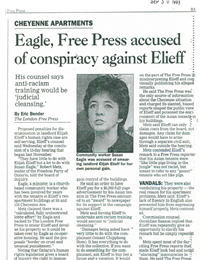 Description:
Description:
On November 16, 1992, an Ontario Human Rights Commission Board of Inquiry commenced a 10 day hearing in the matter of Chippheng Hon v. Elijah Elieff (COM. No. 20-1775). Hon was a tenant of Elieff’s apartment buildings. Hon was originally from Cambodia, and Elieff was originally from Macedonia. Each had difficulties with the English language. In her complaint to the Ontario Human Rights Commission, Hon alleged that Elieff had subjected her to harassment due to her “ethnic origin”. Although her complaint was initiated in 1989 – three years before the hearing began – counsel for the commission was allowed to add “race” as a basis of harassment on day 1 of the hearings. She was also permitted to add as a respondent the owner of the apartment buildings, which was not Elieff, but a corporation in which Elieff was a shareholder. Freedom Party president Robert Metz took an interest in the hearings, which were being held in London, Ontario, so he attended them. He quickly grew concerned by what he witnessed.
Freedom Party’s Jack Plant (later to be party leader) researched the press coverage of Elieff and his Cheyenne Apartments at London’s public library, and made photocopies of the London Free Press articles that he there found about the subject. The articles would assist Metz in his successful defence of Elieff. These are the articles that Plant copied, and upon which Metz relied. A number of post-hearing articles are included below, also, having been added to Freedom Party’s newspaper clippings file for the Elieff matter. Continue reading »
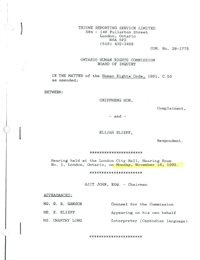 Description:
Description:
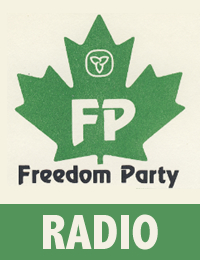 AUDIO – DESCRIPTION:
AUDIO – DESCRIPTION: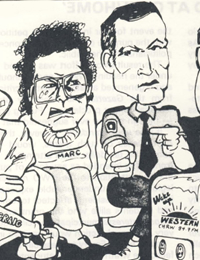 AUDIO – DESCRIPTION:
AUDIO – DESCRIPTION: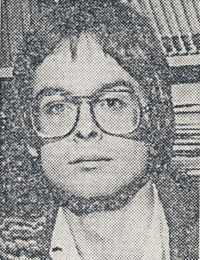 AUDIO – DESCRIPTION:
AUDIO – DESCRIPTION: